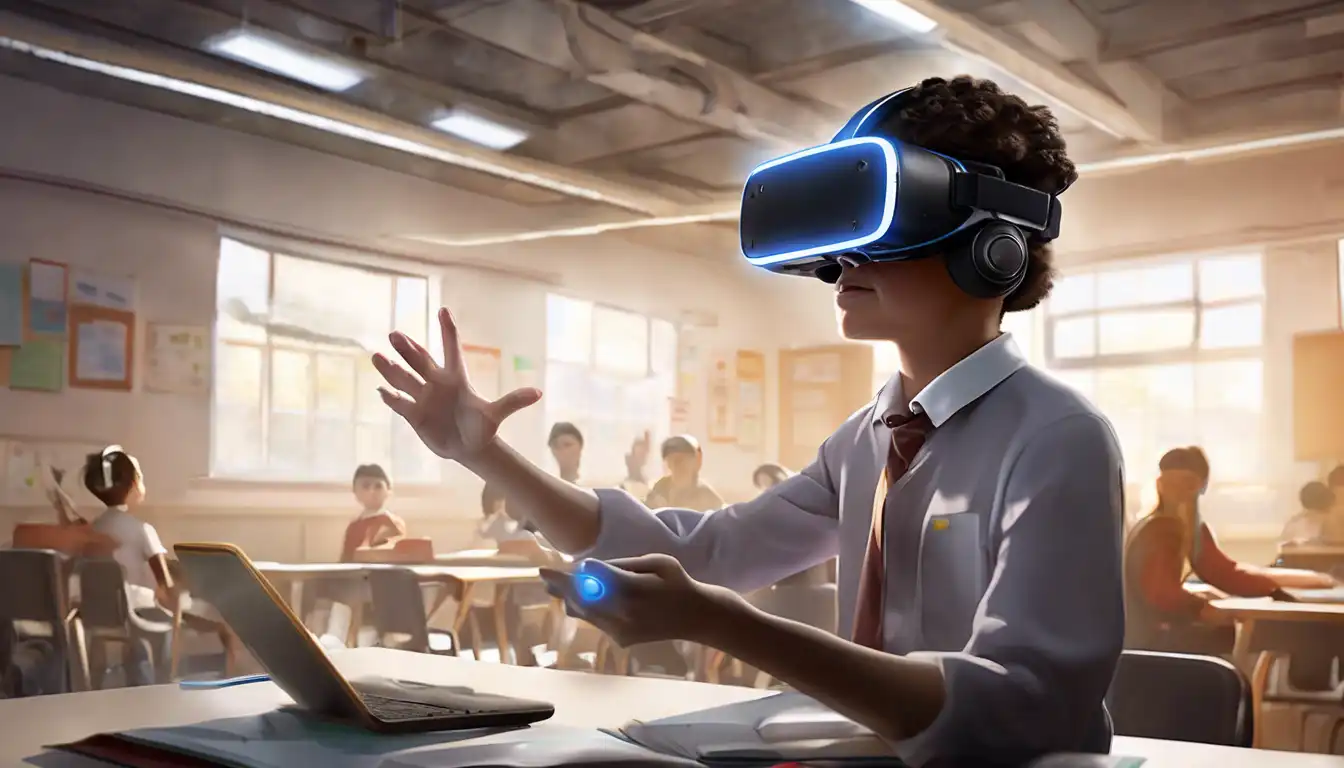The Transformative Impact of Virtual Reality on Learning and Skill Development
Virtual Reality (VR) technology has rapidly evolved from a futuristic concept into a practical tool in various sectors, notably in education and training. Its immersive nature offers unparalleled opportunities for experiential learning, making complex concepts easier to understand and skills more accessible to master.
Why VR in Education?
VR in education transcends traditional learning boundaries by providing immersive, interactive experiences that enhance comprehension and retention. For instance, medical students can perform virtual surgeries, offering a risk-free environment to practice and hone their skills. Similarly, history classes can transport students to ancient civilizations, making learning more engaging and memorable.
VR in Professional Training
Beyond academia, VR is revolutionizing professional training across industries. From aviation to construction, VR simulations allow trainees to experience real-life scenarios without the associated risks or costs. This hands-on approach accelerates the learning curve and improves safety awareness among professionals.
Benefits of VR in Learning Environments
- Enhanced Engagement: VR's interactive nature captures learners' attention more effectively than traditional methods.
- Improved Retention: Experiential learning through VR leads to better memory retention.
- Accessibility: VR can simulate environments and experiences that may be inaccessible due to geographical, financial, or physical constraints.
- Safe Learning Space: High-risk professions can train employees in a controlled, virtual environment.
Challenges and Considerations
Despite its potential, VR in education and training faces hurdles such as high costs, technological limitations, and the need for specialized content development. However, as technology advances and becomes more affordable, these challenges are gradually being overcome.
Future Prospects
The future of VR in education and training is bright, with ongoing advancements promising even more realistic and interactive experiences. As VR technology becomes more integrated into learning curricula and professional training programs, its potential to transform traditional methodologies is undeniable.
For more insights into how technology is shaping the future of education, explore our technology in education section.
